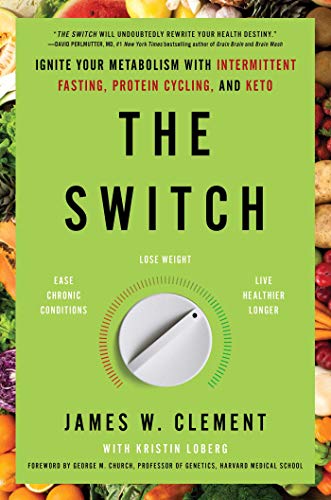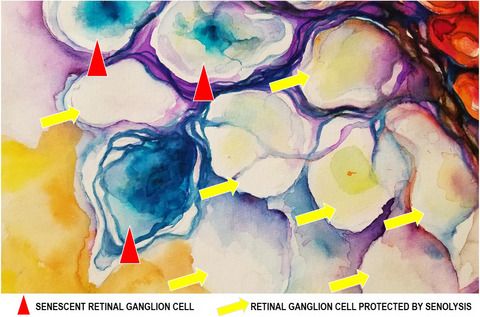Has anybody else notice the light spectrum in new imaging. Color equals light frequency. This should be a major study. This vid is just for the color imagings reference.
In this informative talk about brain health, Dr. Daniel G. Amen makes a powerful case for preventative living through healthy habits. In a time where bodies are expanding and brains are shrinking, he calls this game-changing lifestyle The Brain Warrior’s Way.
The plan focuses on diet and exercise and delivers results in not only physical but also scientific proof. In a series of images, Amen shows several shrunken brains that with a proper lifestyle, expand to a healthier mass in a matter of months.
“You just have to make a series of really smart decisions, and ask yourself every day, ‘Is what I’m doing today good for my brain, or bad for it?’” –Dr. Daniel Amen.
Hear more great speakers at the next SUCCESS Live event Sept. 8–9 in Long Beach. Get your tickets here: https://www.successliveevent.com/.






